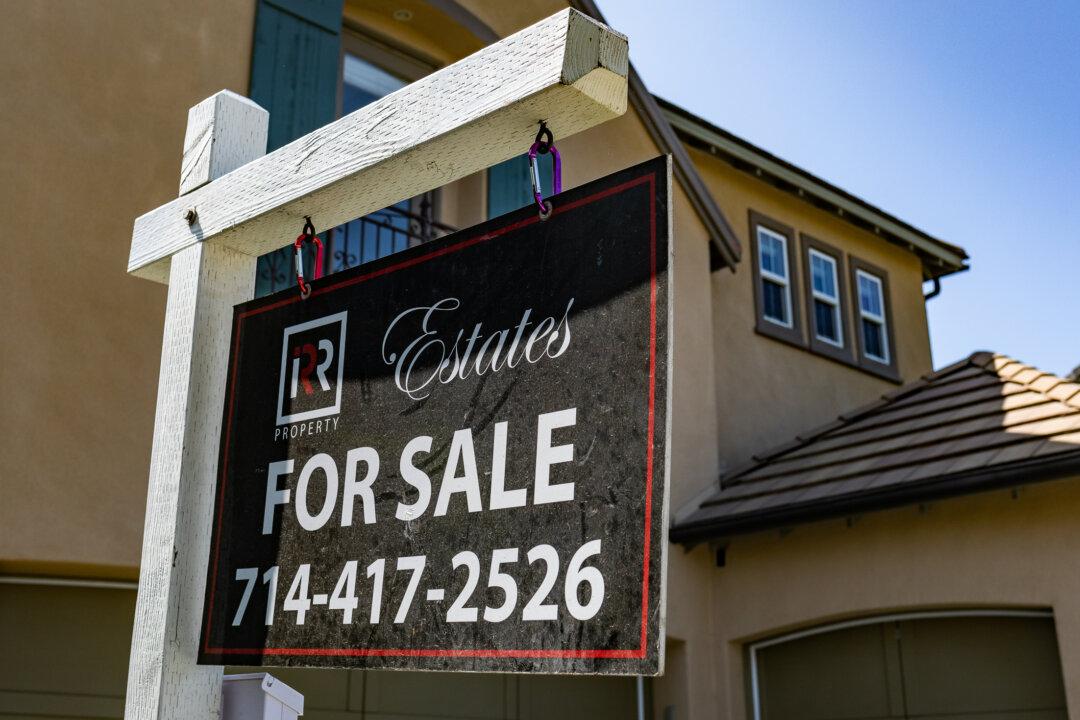California Democrats may have walked back portions of a spending wish list to fund a state housing program that would have paid for as much as 45 percent of homes for disadvantaged first-time home buyers, according to an inside source.
Senate Democrats sought to create the California Dream For All program, outlined in its Build Back Boldly: Senate Democrat Budget Priorities for 2021–22 and Beyond. The program was intended to address “historical and economic barriers to homeownership with a new way for Californians to buy a first home and get a foothold in the middle class and to begin to build family wealth.”





